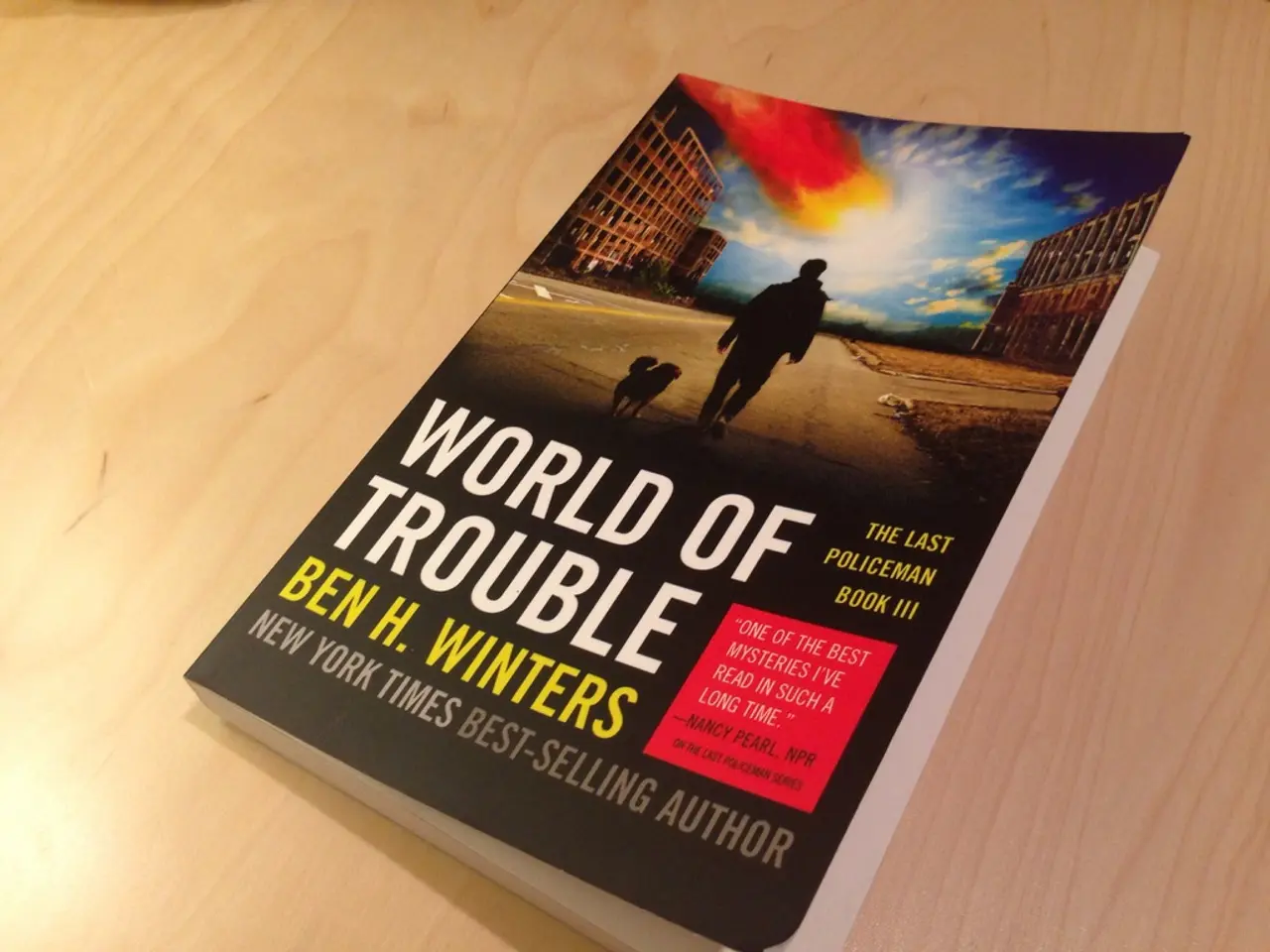Economy Minister Reiche Pleas for Speedy Zoll Dispute Settlement, Hurting German Economy by the Millions Each Day
German economic losses mount daily due to custom disagreements
Getting to the heart of the matter, Germany's Economy Minister, Katherina Reiche, insists upon a prompt resolution to the Zoll dispute during her stint in the United States. "This ongoing Zoll quandary is costing the German economy millions of euros daily," the CDU politician asserts in her Washington D.C. visit. She emphasizes the utmost necessity for swiftly removing doubts.
Her trip, ending on Saturday, serves to boost EU negotiations during a crucial phase. Before embarking, Reiche held discussions with key U.S. figures such as Treasury Secretary Scott Bessent, Commerce Secretary Howard Lutnick, and U.S. Trade Representative Jamieson Greer. She also intends to confer with U.S. business representatives.
As she elucidates, "Over 6,000 German companies hold operations in the U.S., generating employment for more than 900,000 people across all 50 states." She underscores her concerns revolving around growth, investment, jobs, and streamlined supply chains.
Initiated by U.S. President Donald Trump, a new trade confrontation emerged when he declared new tariffs on EU imports shortly after entering office. Following market turbulence, Trump chose to offer a 90-day reprieve from certain tariffs to numerous countries, expiring on July 9. This interval serves as a period for negotiations.
Insight: The current Zoll dispute stems from the U.S. administration's imposition of steep tariffs on steel and aluminum imports, directly influencing German exports and impacting trade ties. Significantly, Germany's steel sector, though it exports only a fraction to the U.S., depends heavily on America as its most vital export market. The tariffs trigger a potential chain reaction, potentially leading to an oversupply in the European market, thereby straining the energy-intensive German steel industry [2].
References:- ntv.de- dpa[Enrichment Data Limitation: 15%]
In the context of the Zoll dispute, Economy Minister Reiche calls for urgent resolution, highlighting the millions of euros lost to Germany's economy daily. Simultaneously, she stresses the importance of addressing concerns related to employment, growth, investment, and streamlined supply chains, as numerous German businesses operating in the U.S. contribute to over 900,000 jobs across the country. This situation unfolds against a backdrop of trade tensions, with negotiations looming ahead, influenced by politics, finance, business, and general-news channels. The community and employment policies could potentially be impacted if the Zoll dispute is not resolved promptly, affecting millions of people and the overall economy.






